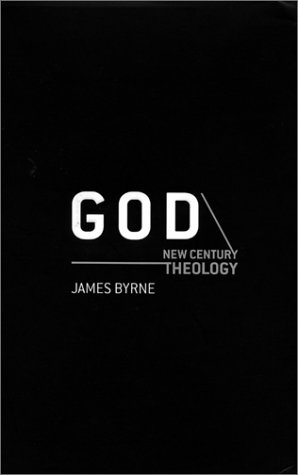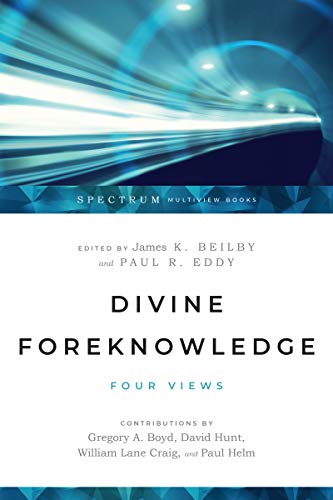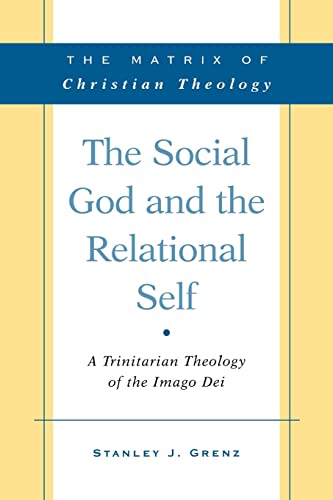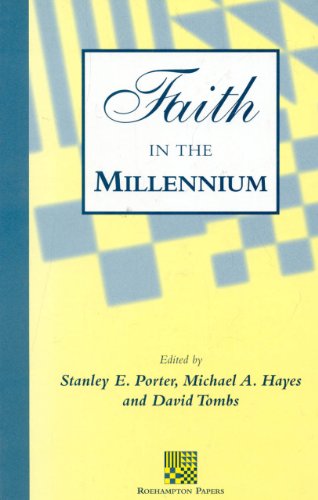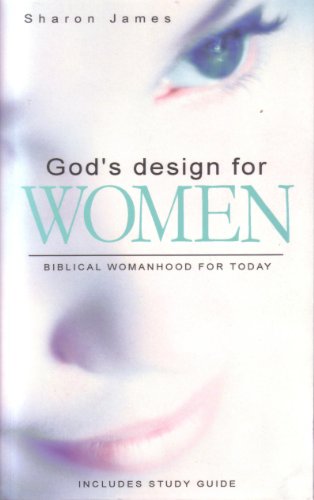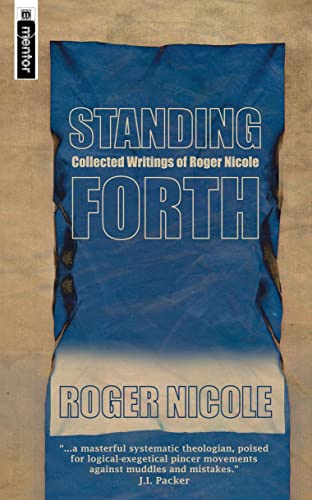GOD: THOUGHTS IN AN AGE OF UNCERTAINTY
Written by James M. Byrne Reviewed By L. Philip BarnesJames Byrne’s study is one of the first to be published in a new series of Catholic theology, entitled New Century Theology. Professor Byrne taught at Trinity College, Dublin, and St Mary’s College, London, before taking up his present position at St Michael’s College, Vermont. Some readers may know him as the author of Religion and the Enlightenment (1997), a colourful account of the Enlightenment critique of religion. His new book provocatively addressed the issue of ‘how we can think creatively of God again’ after the demise of modernity and the Enlightenment project.
Byrne reveals himself to be a reliable commentator and interpreter of both postmodernity and the contrapuntal religious tradition in the West. He provides good summaries of the writings and ideas of such diverse figures as Eckhart, Hume, Kierkegaard, Nietzsche, Sartre, and Bishop John Shelby Spong. His discussion of the thought of others is episodic and reflective rather than systematic and sustained. He weaves a web of argument and rhetoric around a number of central themes: the absence of God from experience; the decline of faith in the modern world and the consequent loss of personal meaning; and the ambiguous nature of arguments for the existence of God. The crisis of modernity, for him, is that ‘we’ cannot think of God in traditional ways. Belief in the interventionist God of classical theism is no longer credible, intellectually or morally—‘the world has come of age’, ‘the world does not need God’ (xiii). In making this point, Byrne ranges over Western intellectual history, noting the events and ideas that undermined confidence in the truth of Christianity. His discussion is nuanced, thoughtful and witty; it is not critical, in that there is little serious philosophical examination of the issues and arguments that are rehearsed. For him, religious scepticism and unbelief are the natural and proper outworking of Enlightenment ideas—ideas whose cogency is so certain as not to require further evaluation or critical appraisal.
Is atheism then the only credible religious option? Byrne admits to being both constitutionally unattracted to atheism and critical of atheism’s arrogant dismissal of all things religious. For him the only plausible response to modernity’s dismissal of traditional religion is to espouse what he calls ‘religious naturalism’—the belief that the universe is open to religious meaning and (presumably attenuated) religious practice, without reliance on the idea of a transcendent God. The symbol of God is to be reinterpreted and used to refer to the element of uncertainty and mystery in existence. God ‘is the utterly ineffable symbol through which we attempt to express a reality greater than the fragments of the mundane, a totality greater than the self, and a horizon beyond the tangible’ (xiii). Such speculations are bolstered by appeals to those mystics who speak of the unknowable nature of God and those writers and poets who enjoin silence in the face of uncertainty.
In some respects, Byrne’s essay is a personal account of his spiritual odyssey. Beneath the surface and the formal story of modernity’s influence over religion is the story of a once loyal Catholic who has lost faith in Christianity, but who still holds to the legitimacy of religious emotions and their expression. Those unfamiliar with the ‘death of God’ theology of the later 1960s or the radical thought of the British ‘atheist’ theologian, Don Cupitt, may welcome the exploration of Western cultural history from a theological naturalist perspective. The tale of the demise of the supernatural is told with sympathy and sadness. Those of a more critical philosophical bent and those with a greater acquaintance with the vicissitudes of modern theology may well feel that there is little in Byrne’s book that merits serious consideration. It is disappointing that at a time when there is so much creative theological work being produced on the doctrine of God, both in the English speaking world and in the German, that an idiosyncratic work such as Byrne’s is included in a series that seeks to provide a forum for fresh theological thinking.
L. Philip Barnes
University of Ulster, Coleraine


